The pandemic has had a massive influence on almost all aspects of our lives. But it seems no area has been impacted quite as severely as the travel industry. American Airlines reported a loss of $2.2 billion in Q1 of 2020 and Statista reports a projected revenue loss of $314 billion of airlines worldwide. Large corporations aside, individuals in the travel industry are also hurting due to widespread layoffs and lack of tourism to countries that rely on it. Though the comeback of the travel industry surely won’t be quick, it will happen. So when we are able to travel again, what will the future of travel look like?
5 Ways the Future of Travel Will Look Different
When will travel ramp up?
This is the biggest question on everyone’s mind: when can I travel again?
In my opinion, the return of travel is fully dependent on people’s willingness. Borders might open and airlines may impose restrictions that make flying safer. But people may not be willing to put themselves at risk. People will be much more hesitant to travel, which will slow the comeback of the industry.
That said, I predict the next 3-4 months will be mostly about domestic travel (which I touch on below) and that international travel will take far longer to revive. It’s also important to acknowledge reality and the very real possibility that travel doesn’t go back to its pre-COVID levels for a couple years until we have a reliable treatment or vaccine available worldwide. For example, if a treatment or vaccine is available in the U.S., but not in a place like Tanzania. It may not be a responsible decision to fly to Tanzania and put their citizens in danger, even though you yourself would have access to a treatment once home.
There’s a lot to consider with international travel. But I predict people will begin to travel domestically in the coming months and more internationally starting in Q4 of 2020!
The future of travel will involve a lot of local & domestic trips
Even as travel restrictions ease and borders open up, people will be cautious. Similar to how you wouldn’t necessarily rush to your local restaurant the second it opens, you would be equally as hesitant and cautious when it comes to jumping to a new country.
This is actually a nice silver lining. With a long list of foreign lands normally at our fingertips to be explored, the first place we often overlook is the very country we live in. The immediate future of travel will involve a lot like of road trips and shorter flights.
These are a few incredible luxury travel experiences in the U.S. that are on my list (all that encourage social distancing!):
Collective Retreats:
Glamping at its finest, Collective Retreats has locations in Governor’s Island (with views of NYC), upstate New York, Colorado, Montana and Texas. Accommodations are nothing short of dreamy. Plus, you won’t be roughing it with ramen and haphazard S’mores; each location has a variety of gourmet dining options. As for social distancing requirements, they’re stringently adhering to them with significant space between tents, in-tent dining options and contactless checkin. If this is what the future of travel looks like, I’m here for it.

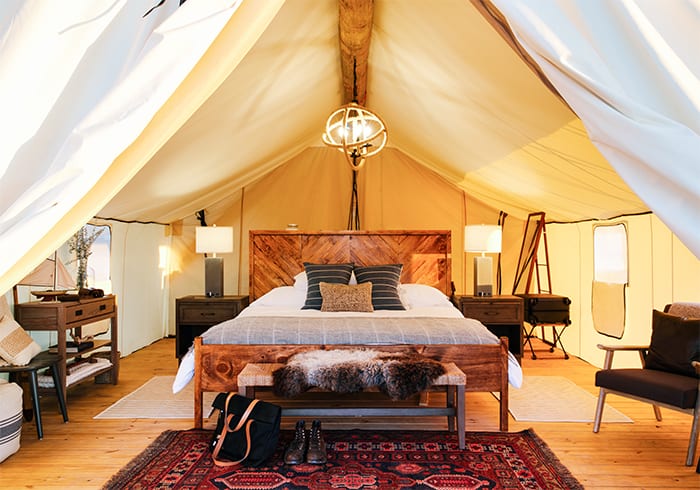
Harvest Hosts:
No better way to adventure around the U.S. than renting a luxury RV and camping at wineries, breweries and parks along the way. Harvest Hosts is a membership network with over 1,000 locations around the United States.
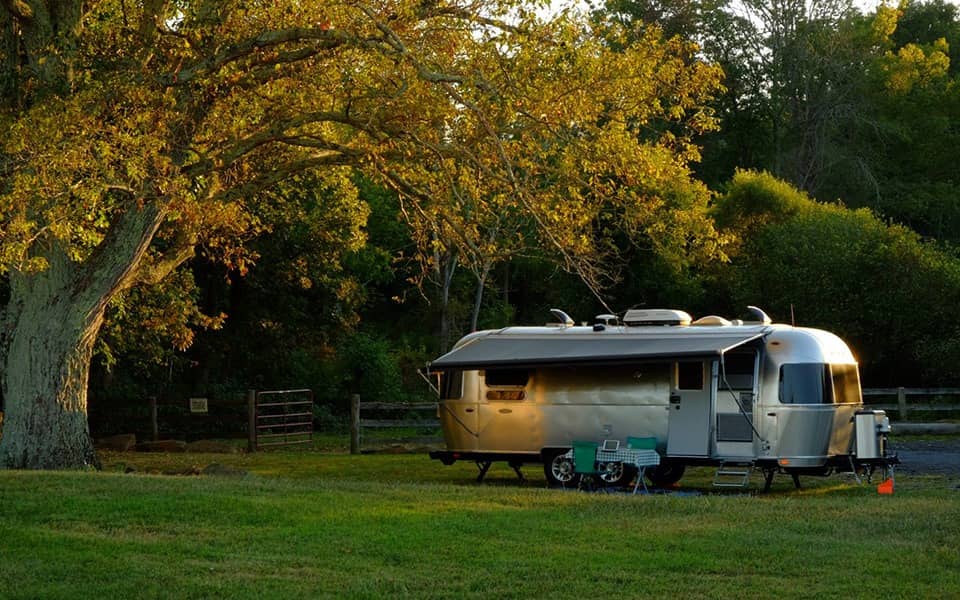

Under Canvas:
If you’re exploring national parks, like Zion, Glacier or Yellowstone but still want a comfortable, luxurious place to rest your head at night, Under Canvas has some fantastic options. Many of their locations come with package options that will take you on adventures in the surrounding area.
Airlines will step up to succeed
We’ve already seen reports that United and other airlines have gone back on their word to keep passengers safe by vacating their middle seats. From here on out, those kinds of mis-steps won’t fly (literally).
If an airline wants to be successful in the post-COVID days, they need to put an emphasis on communicating to their passengers how they are taking their health and safety seriously, like Qatar did in this video. Their ability to do so will mark the difference between survival and going under.
Here are some measures airlines have begun to pass:
Offering good-will customer service that both helps their customers and gives back to essential workers. These are just a few examples:
- Qatar created a new rebooking policy called Travel with Confidence
- Delta extended customers’ reward status to 2021
- JetBlue is donating 100,000 flights to healthcare workers
Mandatory masks. The future of travel is going to involve a whoooole lot of mask-wearing. Most major airlines, including Delta, JetBlue and Alaska, are requiring that all passengers wear face masks. Even though flight attendants are told not to escalate a situation in which a passenger refuses to put one on, I’d encourage you to wear a mask on the flight for as much time as you can to protect yourself and others.
Limiting number of passengers and occupied seats. Delta and American have announced that middle seats will not be available as a choice when you’re booking to enforce social distancing (I think we can all agree this is a silver lining here 😂). United has also just announced that they will give passengers the option to re-book their flight if the plane is close to full. I expect all airlines to pass similar regulations like this.
Passengers are responsible
Responsibility does not just rest with companies in the tourism industry; it also lies with individuals to do their research. This is what it means for you (a to-do list of sorts):
- Wear a mask: It’s the best way to protect yourself when you can.
- Take other precautions: Wash your hands, wipe down surfaces in public areas with disinfecting wipes. And keep social distance where possible.
- Follow CDC guidelines, which you can find here.
But you also need to protect yourself when booking a flight or making a hotel reservation should the trip need to be cancelled. So double-check the airline or hotel’s refund/cancellation policy to ensure that you can get your money back in the event of a cancellation (or least get credit for a future flight, if you wanted to do that). Credit cards like the Chase Sapphire Preferred also come with travel insurance that can help you in cases like this.
Countries will create unique laws for tourism
As the world economy begins to re-open, we’ll see some countries that have opened their borders to visitors and others that have not. This will vary from country to country depending on the level of risk posed to them by the virus, so it’s best to check the country’s official travel website prior to booking a trip.
But it could be a little more nuanced than that, including the implementation of “travel bubbles” that limit where citizens can go without restriction. For instance, New Zealand and Australia have created a “COVID-safe travel zone” where Kiwis and Australians are able to travel between the two countries freely without needing to quarantine. Exact details and timeline on this are still being worked out, but this is also something that is being explored in Asia and Europe as well.
They could even enforce rules where tourists are limited to certain regions, hotels or sites.
Think about all the times you encounter others when staying at a resort: in elevators, by the pool & beach and in common areas like dining rooms and bars. Prior to re-opening, hotels around the world are having to put together (and properly communicate) how they plan to keep guests socially distanced in that environment.
These are some examples I’ve seen of measures properties are taking that we can expect to be implemented at others:
Four Seasons Hotels & Resorts:
They announced Lead with Care, their new initiative that will limit face-to-face interaction by using the app to request luggage pickup, and organize wait-free check in and check out.
St. Lucia’s Jade Mountain Resort:
Their lead chef told WSJ in an article about the future of travel that they plan to expand the kitchen so that cooks don’t need to be in such close quarters.
The Abbey Inn & Spa:
This is a new hotel in Peekskill, NY that actually opened its doors for the first time during the COVID-19 pandemic (March 18 to be exact!). A representative at the inn told me that they have adjusted their room service protocol to account for social distancing measures. All in-room dining items are individually packed in “to go” recyclable containers and a recyclable “to go” bag. Guests have the option to enjoy their meal two different ways:
- A member of the hotel team delivers the food to the guestroom, knocks on the door and leaves the bag of food for the guest to retrieve.
- Guest can pick up their meal at Apropros Restaurant and enjoy it in one of the hotel’s outdoor spaces – the Grand Terrace overlooking the Hudson River, the Fire Pit, etc.

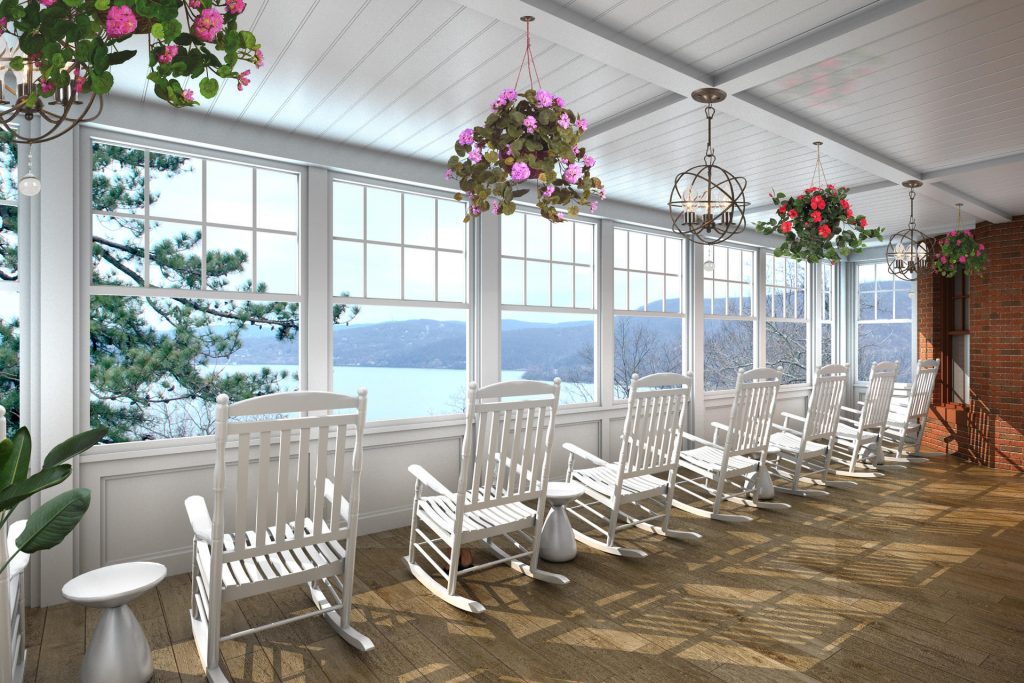
Travel will never be the same as it used to be. But that’s a good thing. Going through challenges shakes up our routines and shines light on the things we’ve needed to improve but have ignored.
So though it will be awhile before we are effortlessly jet setting around the world, there will be a bright future where we are all 30,000 feet in the sky staring out the window at clouds rolling by.
I’d love to hear from you. What is your opinion on the future of travel? Where is the first place you’ll go when you’re able to travel again?
disclaimer:
Before booking a trip, check restrictions set by your local government & the government of the place you wish to travel to. Also, please check the CDC website for recommendations and best practices on how to travel safely.
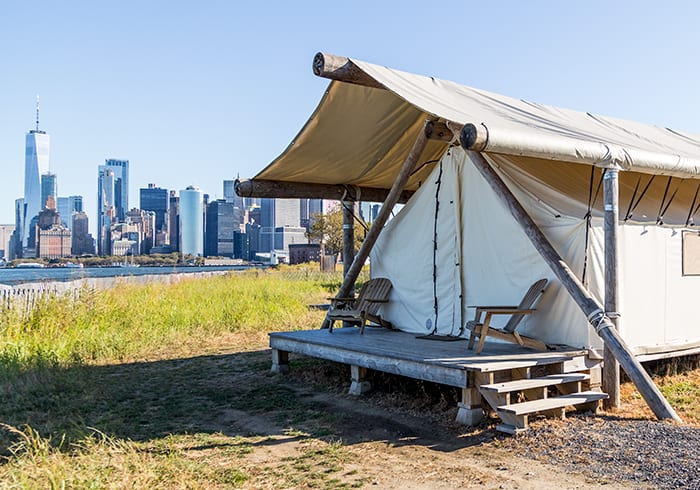
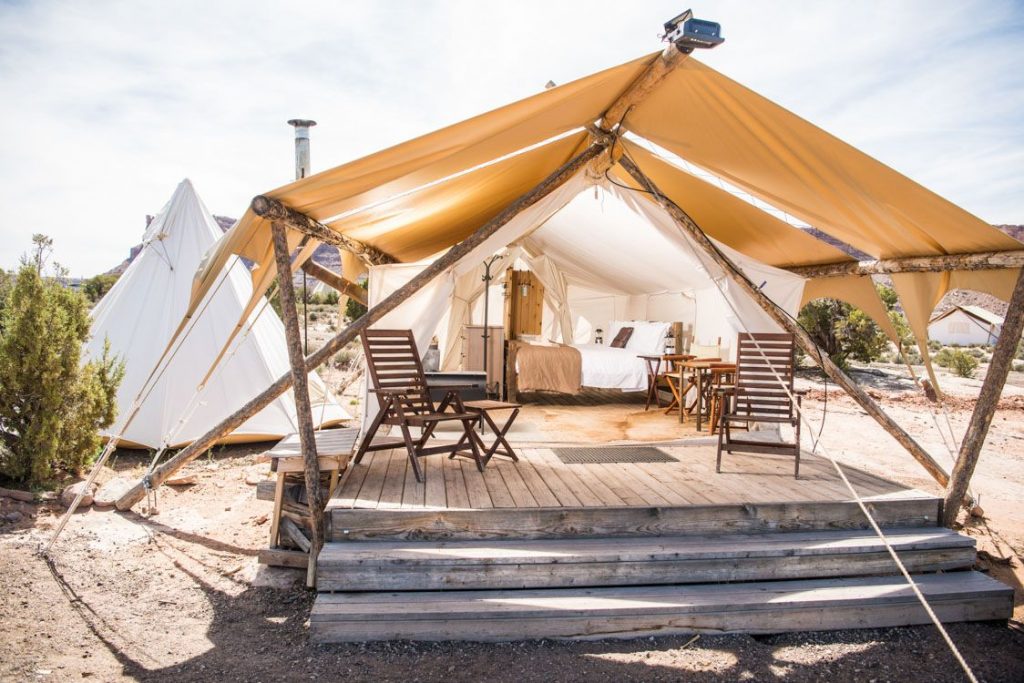
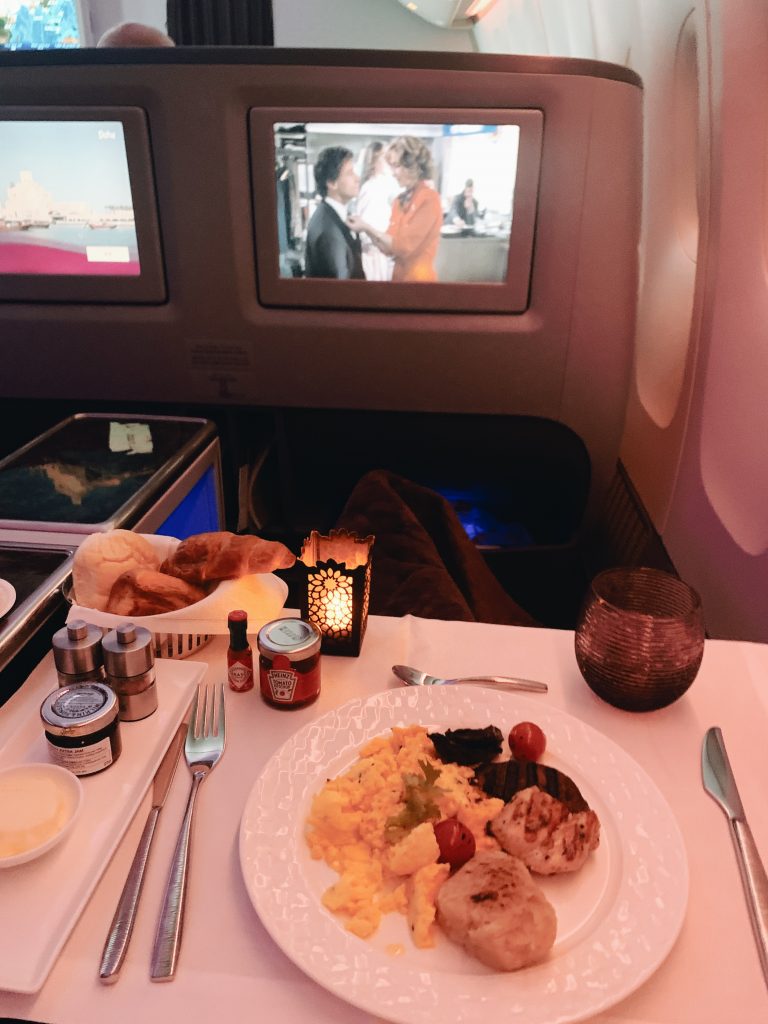
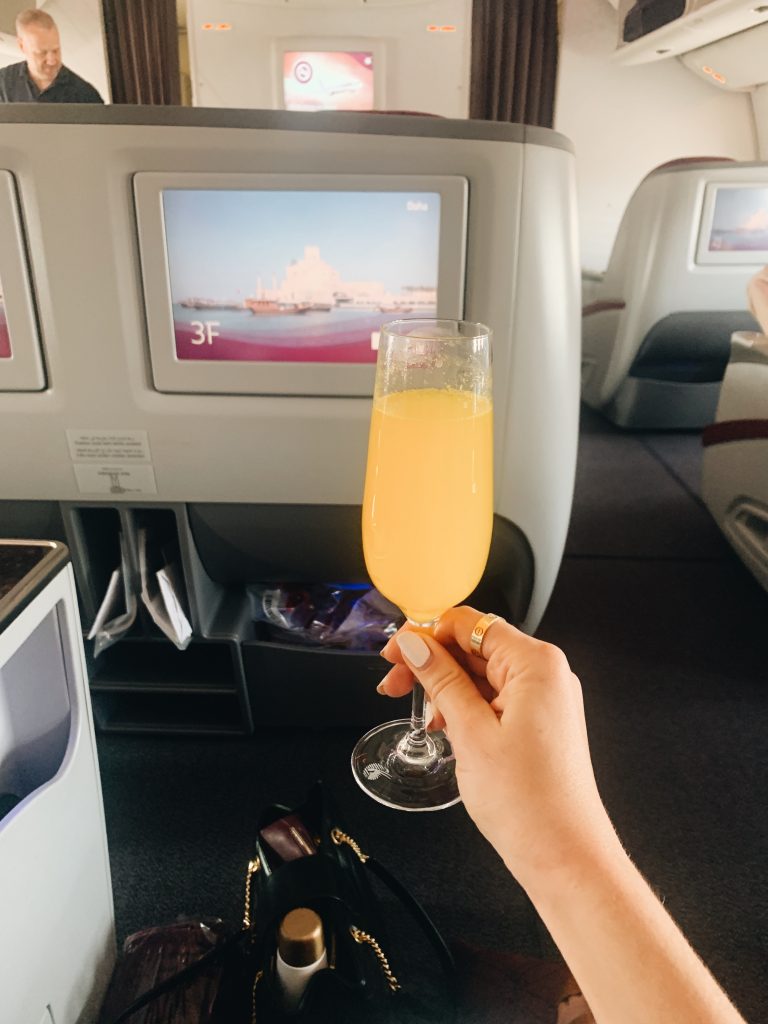
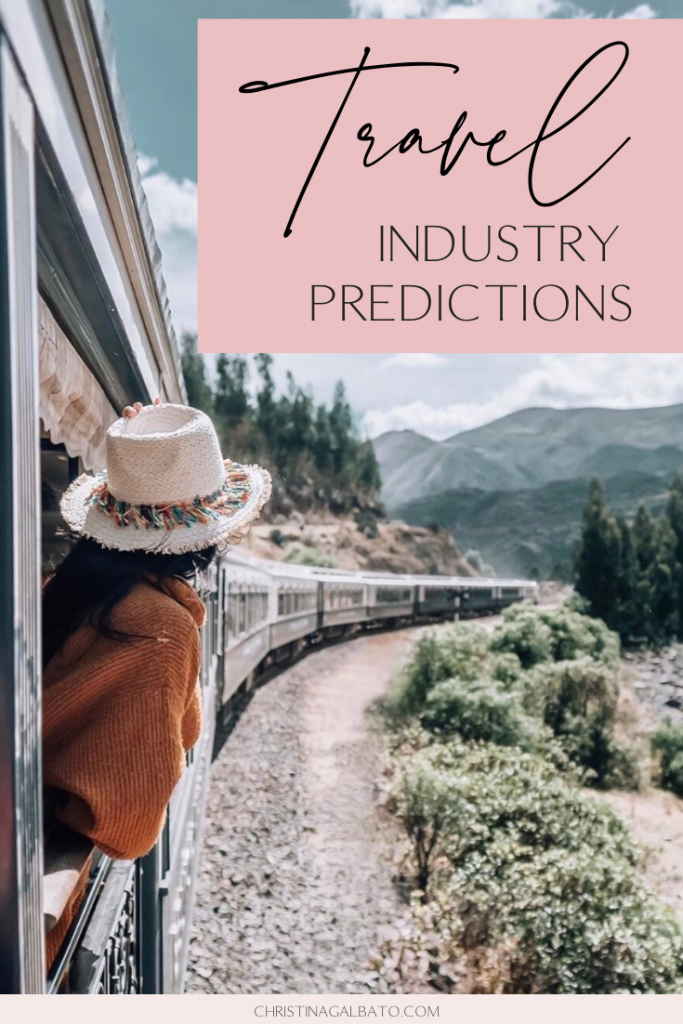
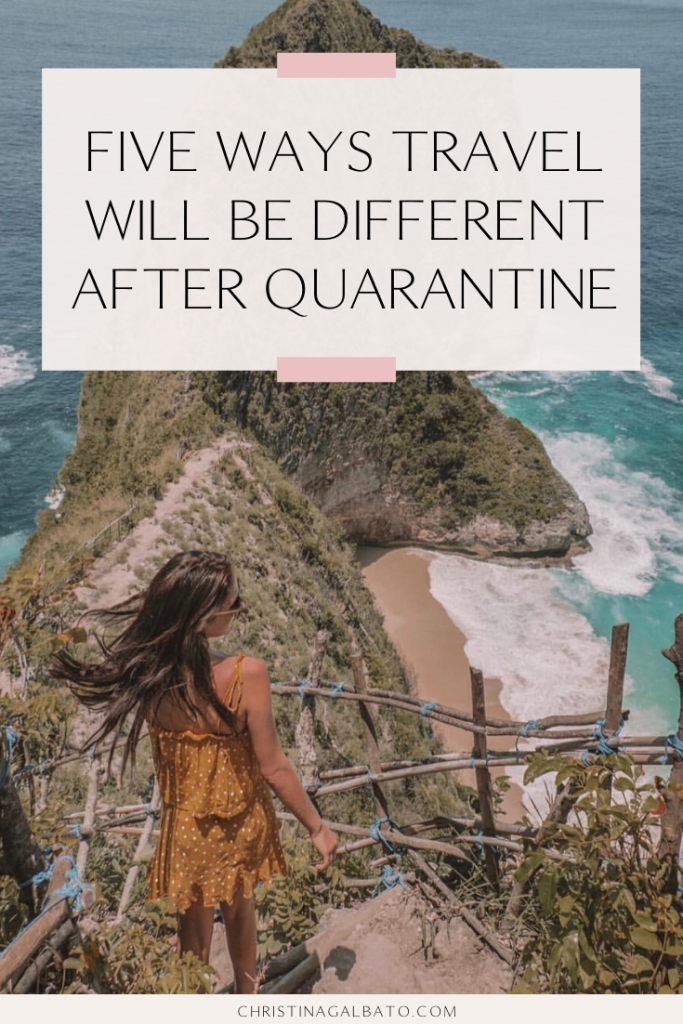
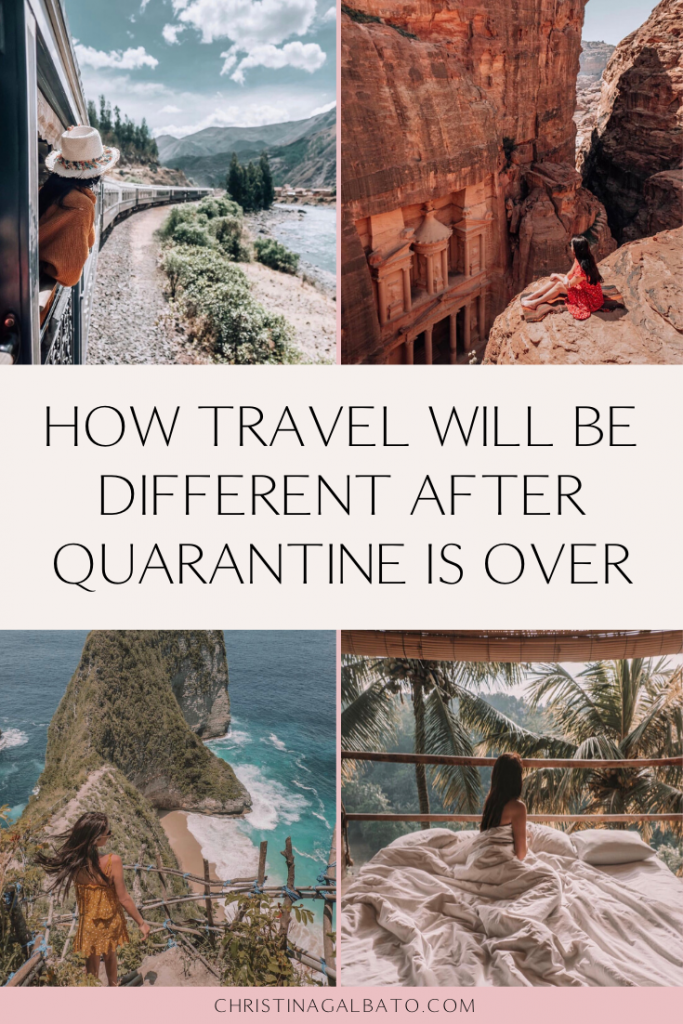
Hey Christina!
Thenx for the great blog!
I gained a lot of infos☺️
These are completely spot on. I could definitely see people staying local or getting creative when it comes to travel in the future.
Definitely! There are so many beautiful places to explore domestically that people don’t necessarily think about visiting, so now is the time. Thank you for reading xo